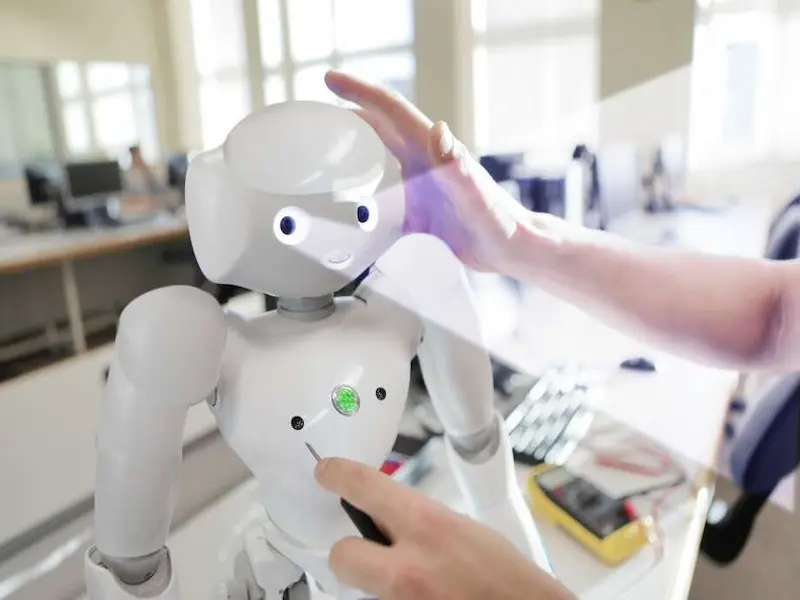- Virtual assistant AI refers to software agents that can perform tasks or services for individuals based on verbal commands or text inputs.
- They are widely used in various domains, including customer service, personal assistance, and home automation.
- Recent advancements in natural language processing and machine learning have significantly improved the capabilities of virtual assistants.
Virtual assistant artificial intelligence has revolutionised the way we interact with technology, providing a seamless interface that understands and responds to our requests. These intelligent systems not only enhance productivity but also empower users by automating repetitive tasks, enabling them to focus on more critical activities.
As they evolve, virtual assistants become increasingly integrated into our daily lives, reshaping personal and professional environments. In this blog, we will explore the intricacies of virtual assistant AI, its benefits, challenges, and the future it holds.
Definition of virtual assistant AI
At its core, virtual assistant AI refers to intelligent software agents that utilise natural language processing, machine learning, and voice recognition technologies to understand and respond to user inquiries. These assistants can perform a variety of functions, ranging from setting reminders and answering questions to controlling smart home devices and providing real-time information like weather updates or traffic conditions.
Many virtual assistants can integrate with third-party applications, allowing users to complete tasks without switching between different platforms. This capability streamlines workflows and saves time, making virtual assistants valuable tools in both personal and professional settings.
Also read: Samsung to enhance Bixby virtual assistant with gen AI
Also read: Mercedes-Benz unveils AI-enhanced MBUX virtual assistant for personalised driving experience
Applications in everyday life
The applications of virtual assistant AI are vast and varied. In the consumer domain, they help users manage schedules, send messages, play music, and even control home appliances through voice commands. These conveniences allow users to multitask effectively, particularly in busy households where time management is crucial.
In business contexts, virtual assistants play a pivotal role in customer service. Companies leverage chatbot technology powered by AI to handle common inquiries, freeing up human representatives to address more complex issues. This not only enhances customer satisfaction through faster response times but also reduces operational costs.
Moreover, virtual assistants are increasingly utilised in healthcare settings, assisting patients with medication reminders and appointment scheduling, thereby promoting better health management.
Technological advances driving growth
The rapid evolution of virtual assistant AI can be attributed to significant advancements in several areas of technology. Natural language processing has improved dramatically, allowing these assistants to understand context, interpret nuances in conversation, and provide more accurate responses. Machine learning algorithms continuously learn from interactions, helping virtual assistants become smarter and more intuitive over time.
Furthermore, advancements in cloud computing enable these AI systems to access vast amounts of data and process high volumes of queries simultaneously, leading to enhanced performance and reliability. This scalability ensures that as demand grows, virtual assistant AI can adapt and continue to meet user expectations.
Challenges and future prospects
Despite their advantages, virtual assistant AIs face challenges that need addressing. Privacy concerns are paramount, as users are often hesitant to share personal information with AI systems due to fears of data misuse. Ensuring robust security measures and transparent data handling practices is essential for fostering user trust.
While these assistants have made great strides in understanding human communication, there are still limitations in their ability to grasp emotional tone and context fully. Ongoing research in affective computing aims to bridge this gap, enabling virtual assistants to respond empathetically to users.
Looking ahead, the future of virtual assistant AI appears promising. As technology continues to advance, we can expect more personalised and context-aware experiences. Integration with augmented reality and other emerging technologies could further enhance their functionality, transforming how we engage with both digital and physical environments.

